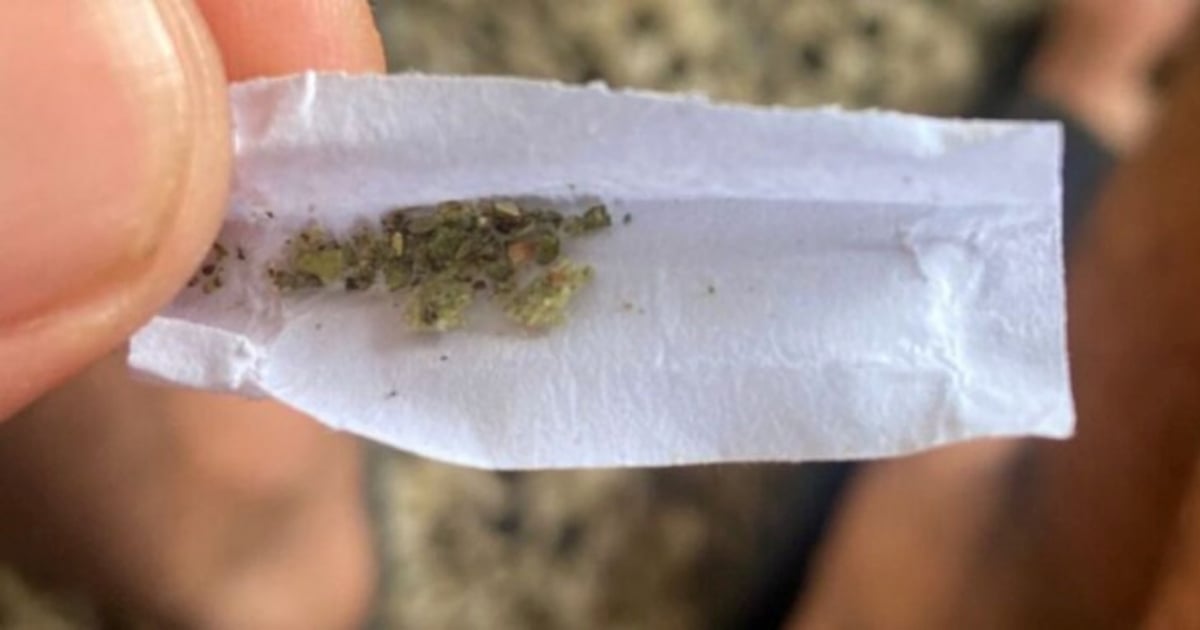On Wednesday, a significant drug trafficking operation in Las Tunas resulted in the arrest of seven individuals, as announced by the province's Ministry of the Interior (MININT) delegation. This action, part of the regime's so-called "zero tolerance" policy, took place in Popular Council 1, Circumscription 13, of the provincial capital, according to a statement released on the provincial government's Facebook page.
During the operation, authorities seized marijuana, cocaine, and LSD, which were deemed critical evidence, the statement revealed. The operation was a collaborative effort involving MININT forces and political and mass organizations, underscoring the government's commitment to combatting drug-related crime.
The arrested individuals are currently held at the Provincial Criminal Investigation Unit, facing charges of drug trafficking as investigations continue. The authorities emphasized that the fight against drugs remains a government priority, supported by security forces and the "combative and conscious" involvement of the populace.
However, amid a backdrop of social and economic turmoil, the increase in such operations highlights the expanding illegal drug market on the island. For instance, police raids targeting drug trafficking in Havana have risen sharply in recent days. Official social media accounts have shared data and images of narcotics seizures and arrests across various municipalities.
Javier Gutiérrez, an internet user associated with the Cuban police, reported on Facebook about drug crackdowns in Havana's neighborhoods, leading to the confiscation of large sums of money and the arrest of Cubans involved in drug sales.
Despite these operations and state propaganda, drug trafficking in Cuba continues to escalate. Official spokesperson Humberto López reported that in 2024, there were 980 drug-related judicial cases, with 1,193 individuals tried and 1,157 convicted, 94% of whom received prison sentences or corrective detention. Additionally, assets such as land, homes, jewelry, money, and vehicles were confiscated from several defendants.
While the regime boasts of seizing a ton of cocaine, marijuana, cannabinoids, and methamphetamines in 2024, these substances still circulate widely across the island. The government-run Granma reported that only five legal cases have been initiated concerning speedboats smuggling drugs into Cuba and returning to the U.S. with illegal immigrants, suggesting that the drug trafficking network operates more freely than the government admits.
Drug Trafficking in Cuba: Key Questions and Answers
What substances were seized during the Las Tunas operation?
Authorities seized marijuana, cocaine, and LSD during the operation in Las Tunas.
How does the Cuban government claim to combat drug trafficking?
The Cuban government claims to combat drug trafficking through a "zero tolerance" policy, supported by MININT forces and community involvement.
Have drug-related arrests and seizures increased in Cuba recently?
Yes, there has been a notable increase in drug-related arrests and seizures, particularly in Havana, according to official reports.
What challenges does Cuba face in its fight against drugs?
Cuba faces challenges such as the continued circulation of narcotics despite government seizures and the operational freedom of drug trafficking networks.
